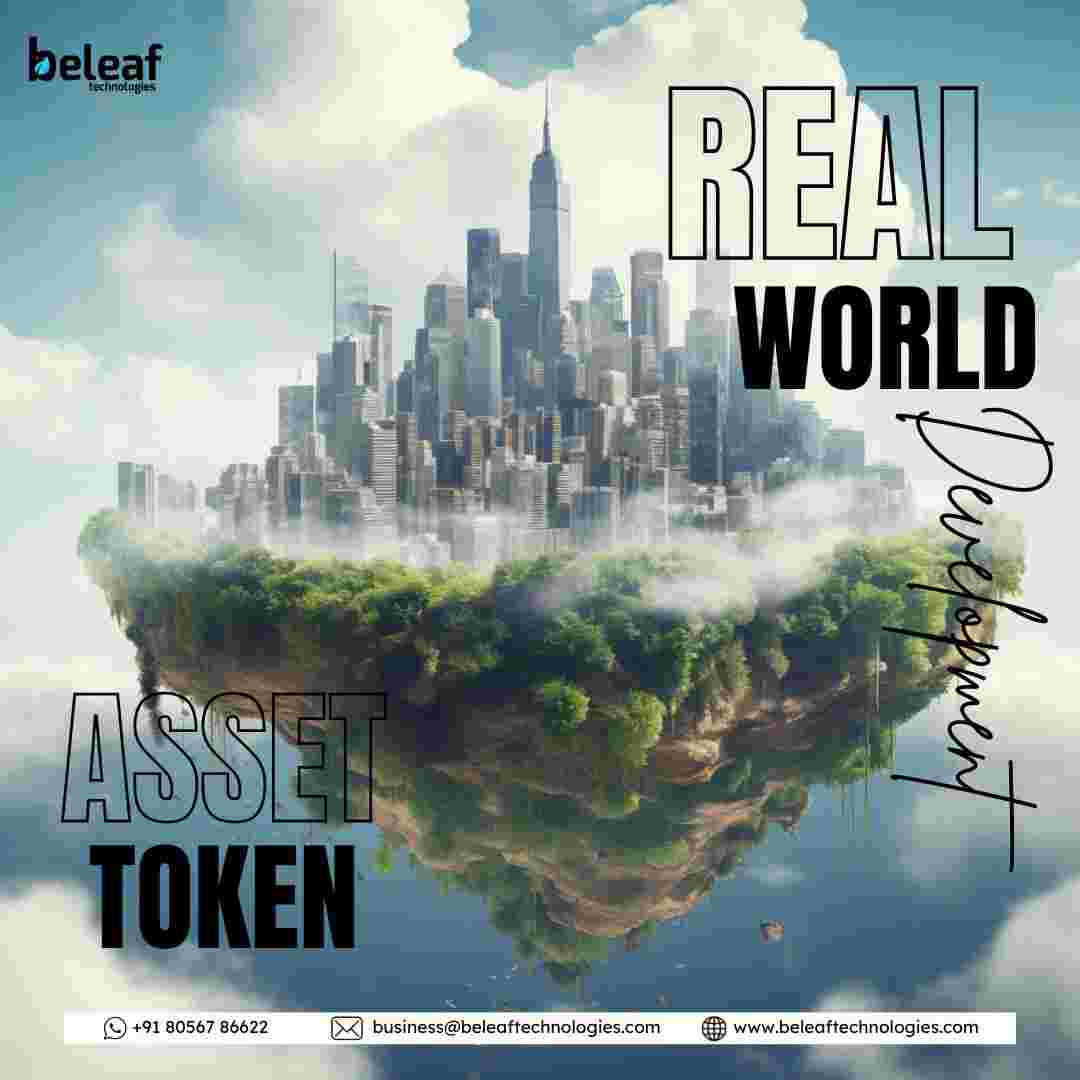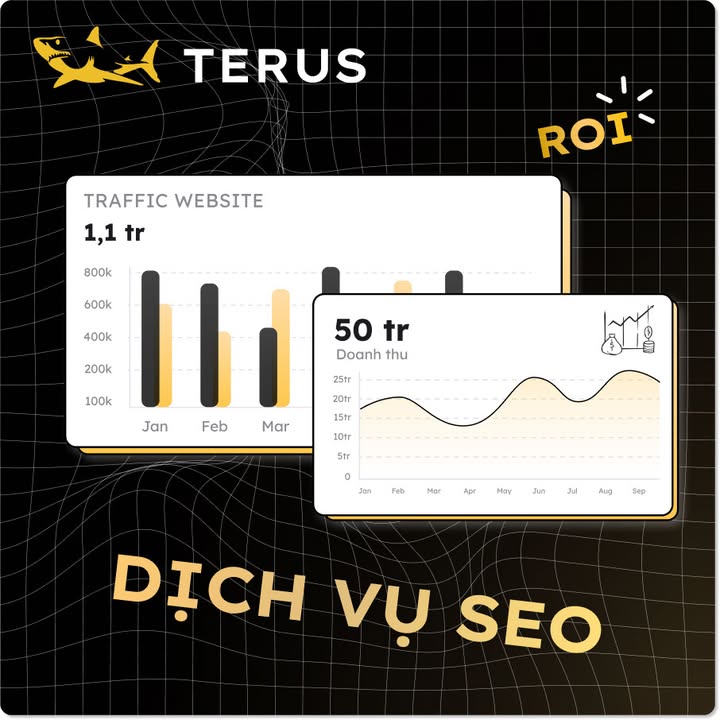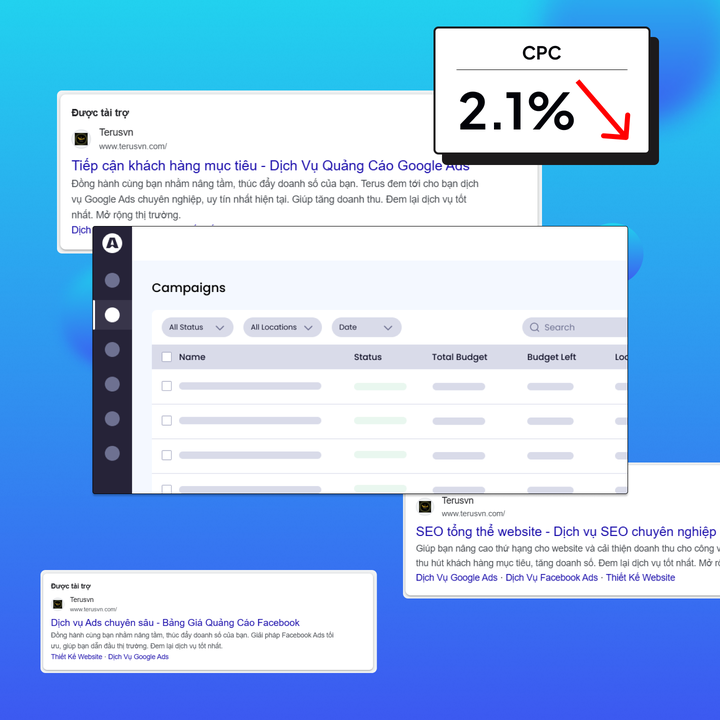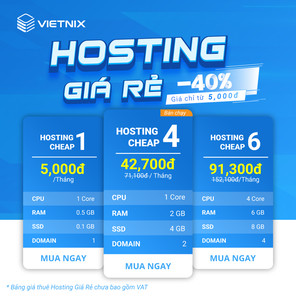Smart Contract Development Trends to Watch in 2025
Introduction
Smart contracts have evolved from programmable agreements into dynamic tools that automate trust and reshape how industries transact. In 2025, they are no longer confined to crypto-native ecosystems; they are entering the fabric of global commerce, law, and infrastructure.
Cross-Chain Compatibility
The era of isolated blockchains is ending. In its place, interoperable smart contracts are emerging.
Blockchain Bridges: These digital connectors allow smart contracts to operate across Ethereum, Polkadot, Solana, and more.
Unified Ecosystems: Developers now build for multichain deployment, reducing silos and increasing protocol synergy.
This interoperability fuels decentralized finance (DeFi), supply chains, and gaming ecosystems with seamless asset transfer and data exchange.
AI-Powered Smart Contracts
Artificial intelligence is reshaping contract logic.
Self-Optimizing Code: Contracts adapt based on usage patterns, making performance decisions autonomously.
Predictive Execution: Integrated AI enables smart contracts to anticipate disputes or optimize financial outcomes before they occur.
This convergence of AI and blockchain introduces intelligent automation at a previously unimaginable scale.
Zero-Knowledge Proof Integration
Privacy is no longer a luxury; it's a design imperative.
ZK-Proofs: These cryptographic methods validate contract execution without revealing underlying data.
Regulatory Shielding: Enterprises can comply with data protection laws while leveraging blockchain transparency.
Such contracts are gaining popularity in identity management, healthcare, and enterprise finance, where discretion is paramount.
Tokenized Real-World Assets (RWAs)
Smart contracts are bridging physical and digital economies.
On-Chain Ownership: Real estate, artwork, and even carbon credits are now represented as tokens governed by smart contracts.
Immutable Records: Ownership and transaction history are tamper-proof, reducing fraud and improving liquidity.
This unlocks new investment models and democratizes access to previously illiquid assets.
Smart Legal Contracts
The fusion of law and code is accelerating.
Codified Agreements: Contracts embed legal terms directly in executable code.
Judicial Integration: Some systems now allow court-backed enforcement of digital contracts.
This innovation is particularly potent in jurisdictions adapting to digital regulation and fintech governance.
Sustainability
The carbon footprint of blockchain is under scrutiny.
Proof-of-Stake Evolution: Emerging networks utilize less energy, ideal for large-scale smart contract deployment.
Eco-Protocols: Chains like Algorand and Tezos offer green alternatives for developers prioritizing sustainability.
Smart contracts now align with ESG goals, appealing to both ethical investors and eco-conscious enterprises.
Conclusion
As these trends mature, smart contract development services will not only automate transactions but reimagine global systems. Leading firms like Justtry Technologies, a trusted smart contract development company, are already shaping decentralized innovations through bespoke solutions that align with these advancements. Which of these transformative trends will your enterprise embrace first?
Visits this page:
https://justtrytech.com/web3-smart-contract-development-company/, https://justtrytech.com/smart-contract-development-company/
Contact us: +91 9500139200
Mail address:
[email protected] #SmartContractDevelopmentCompany #Smartcontract #Web3Development #smatcontractservice #blockchainsmartcontracts Smart Contract Development Trends to Watch in 2025
Introduction
Smart contracts have evolved from programmable agreements into dynamic tools that automate trust and reshape how industries transact. In 2025, they are no longer confined to crypto-native ecosystems; they are entering the fabric of global commerce, law, and infrastructure.
Cross-Chain Compatibility
The era of isolated blockchains is ending. In its place, interoperable smart contracts are emerging.
Blockchain Bridges: These digital connectors allow smart contracts to operate across Ethereum, Polkadot, Solana, and more.
Unified Ecosystems: Developers now build for multichain deployment, reducing silos and increasing protocol synergy.
This interoperability fuels decentralized finance (DeFi), supply chains, and gaming ecosystems with seamless asset transfer and data exchange.
AI-Powered Smart Contracts
Artificial intelligence is reshaping contract logic.
Self-Optimizing Code: Contracts adapt based on usage patterns, making performance decisions autonomously.
Predictive Execution: Integrated AI enables smart contracts to anticipate disputes or optimize financial outcomes before they occur.
This convergence of AI and blockchain introduces intelligent automation at a previously unimaginable scale.
Zero-Knowledge Proof Integration
Privacy is no longer a luxury; it's a design imperative.
ZK-Proofs: These cryptographic methods validate contract execution without revealing underlying data.
Regulatory Shielding: Enterprises can comply with data protection laws while leveraging blockchain transparency.
Such contracts are gaining popularity in identity management, healthcare, and enterprise finance, where discretion is paramount.
Tokenized Real-World Assets (RWAs)
Smart contracts are bridging physical and digital economies.
On-Chain Ownership: Real estate, artwork, and even carbon credits are now represented as tokens governed by smart contracts.
Immutable Records: Ownership and transaction history are tamper-proof, reducing fraud and improving liquidity.
This unlocks new investment models and democratizes access to previously illiquid assets.
Smart Legal Contracts
The fusion of law and code is accelerating.
Codified Agreements: Contracts embed legal terms directly in executable code.
Judicial Integration: Some systems now allow court-backed enforcement of digital contracts.
This innovation is particularly potent in jurisdictions adapting to digital regulation and fintech governance.
Sustainability
The carbon footprint of blockchain is under scrutiny.
Proof-of-Stake Evolution: Emerging networks utilize less energy, ideal for large-scale smart contract deployment.
Eco-Protocols: Chains like Algorand and Tezos offer green alternatives for developers prioritizing sustainability.
Smart contracts now align with ESG goals, appealing to both ethical investors and eco-conscious enterprises.
Conclusion
As these trends mature, smart contract development services will not only automate transactions but reimagine global systems. Leading firms like Justtry Technologies, a trusted smart contract development company, are already shaping decentralized innovations through bespoke solutions that align with these advancements. Which of these transformative trends will your enterprise embrace first?
Visits this page: https://justtrytech.com/web3-smart-contract-development-company/, https://justtrytech.com/smart-contract-development-company/
Contact us: +91 9500139200
Mail address:
[email protected]
#SmartContractDevelopmentCompany #Smartcontract #Web3Development #smatcontractservice #blockchainsmartcontracts











